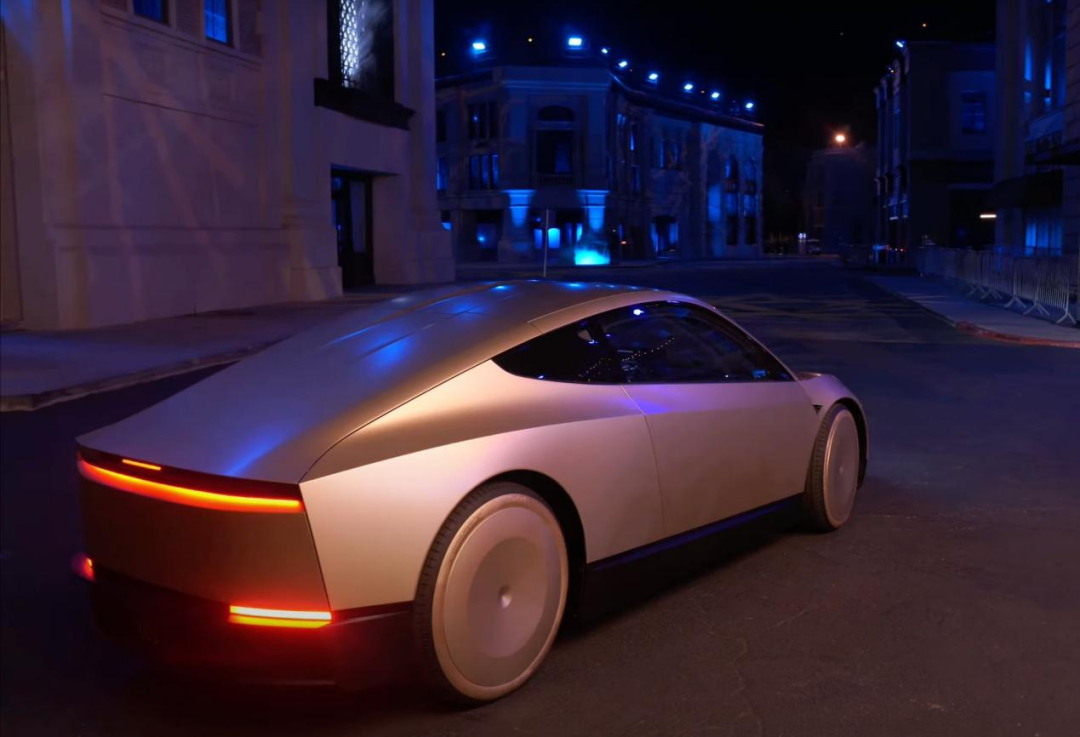Tesla's Plunge: More Than Just a Failed Press Conference
![]() 10/12 2024
10/12 2024
![]() 576
576

On the morning of October 11, Beijing time, at the highly anticipated Tesla 'We Robot' press conference, CEO Elon Musk was an hour late to start, showcasing the company's latest achievements in autonomous driving and artificial intelligence to a global audience. However, investors viewed the event as lackluster, casting a bearish vote with their actions, causing Tesla's share price to plummet post-conference. In reality, numerous channels released test drive videos of Tesla's Cybercab after the conference, showcasing a satisfactory driving experience and smoothness. Although there was no demonstration on complex urban roads, the videos from the conference indicated that American roads are no less complicated than domestic ones, and the current implementation of FSD is quite satisfactory.
Of course, there are also unsatisfactory aspects. It's not about defending Tesla blindly, but the cost estimate of under $30,000 for vehicles is still too vague. If it's close to $30,000, it significantly differs from market expectations, making it difficult to substantially benefit Tesla's fundamentals.
Furthermore, other promises like contributing Tesla vehicles' daily computing power and transforming city parking lots into parks are impractical. Cars either sit stationary or drive on the road; turning parking lots into parks would mean turning roads into parking lots. These promises may not appeal to experienced Chinese consumers, let alone unexposed American consumers to autonomous driving.
Ultimately, the press conference lacked the anticipated announcements, such as a low-cost Tesla under $20,000 or updated versions of the Y and 3 models after years. While the released content was somewhat impressive, it wasn't enough to significantly impact Tesla's fundamentals.
Given Tesla's share price is neither too high nor too low, it's understandable that the market interpreted the press conference negatively.
Another concern is whether large-scale production and application of Tesla taxis will damage the brand's value, discouraging consumers from purchasing passenger vehicles.
This concern is valid, but from a branding perspective, it's unfounded. Consumers often avoid cars associated with taxi or ride-hailing services due to the stigma of being labeled a 'driver.' However, this stigma is more related to specific models than brands. Many taxis and ride-hailing vehicles in China are from brands like Volkswagen and BYD, yet these brands remain strong in the passenger vehicle market. Tesla's solid foundation with the Y and 3 models alleviates concerns about such a stigma.
Globally, especially in developed countries where Tesla sales are high, taxis are expensive modes of transportation. The label of 'taxi driver' doesn't negatively impact Tesla, especially since autonomous taxis are novel and technologically appealing to Europeans and Americans.
Overall, entering the ride-hailing industry benefits Tesla more than it harms, especially in developed countries with high taxi fares offering significant profit margins. Once regulatory and production hurdles are overcome, Tesla's performance will significantly improve.
Disclaimer: This article is solely for learning and exchange purposes and does not constitute investment advice. We appreciate your likes, views, and shares, which motivate us to keep updating our content!






